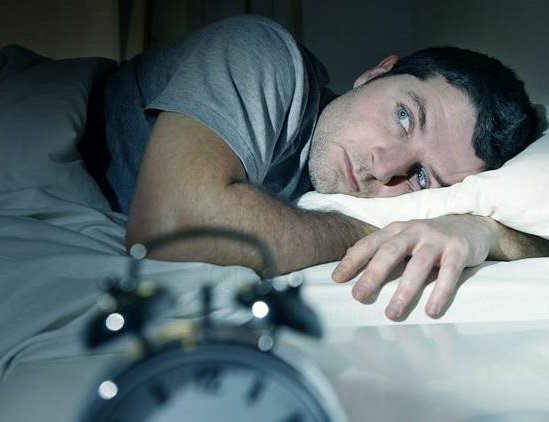
If however, you go to bed late and get up early, it can lead to a number of sleep-related problems including morning sleepiness, sleep deprivation, or sleep-onset insomnia. It is important to note here that whether you are a morning person or a night owl, your sleep needs are similar – 7-9 hours of good sleep. In some people, their circadian rhythm runs longer making them a night person or a night owl which means they go to bed later compared to the average person. The circadian rhythm is not constant throughout the 24 cycle – it dips and rises at different times causing us to feel sleepy or feel alert accordingly. Our biological clocks run on a 24-hour light-dark cycle. Your internal circadian biological clocks or circadian rhythm are responsible for regulating the timing of sleepiness and alertness throughout the day. If you have been awake for a long period of time, sleep/wake homeostasis tells you that it is time to sleep. Sleep/wake homeostasis and the circadian biological clock help in regulating sleep. Continue reading to find out how you can start sleeping better today.
NIGHT OWL SLEEP STUDY PROFESSIONAL
So, if you are a night owl, my question to you is this – are you sleeping well, or have you given up on the idea of a good night’s sleep?Īs a professional sleep coach, I want you to know that you can sleep well even if you are a night owl. You could end up suffering from sleep deprivation and find it difficult to keep active and maintain your productivity levels. However, if you are a night owl, your natural tendency to sleep late can prove to be problematic – especially if you need to work normal hours or are required to get up early. This also means you might be going to sleep late and waking up late as well.


If you are a night owl, you probably feel far more energized and productive in the late hours. Lauri Leadley, Clinical Sleep Educator, President of Valley Sleep Center


 0 kommentar(er)
0 kommentar(er)
